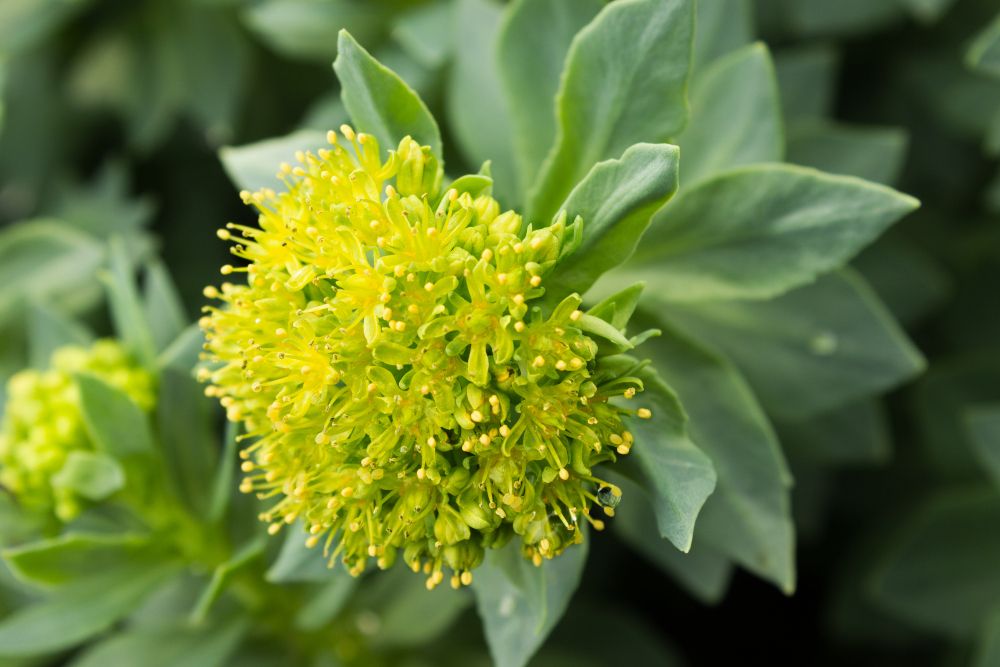Nektium gains CITES trade permits for Rhodiola rosea
In February 2023, the Convention on International Trade in Endangered Species of Wild Fauna and Flora (CITES) added Rhodiola rosea to its CITES Appendix II list.
Photo from Nektium

Botanical raw material supplier Nektium (Gran Canaria, Spain) announced that it now holds trade permits for its Rhodiola rosea ingredients, permits which specifically meet trade requirements under the Convention on International Trade in Endangered Species of Wild Fauna and Flora (CITES).
As Nutritional Outlook previously reported, “CITES is an international agreement between governments to ensure that international trade involving wild animals and plants is conducted in a way that does not threaten the survival of animal and plant species.” Companies that participate in CITES agree to comply with a licensing system for imports and exports of ingredients on the CITES Appendices list. In February of this year, CITES added Rhodiola rosea to its CITES Appendix II list.
According to Nektium’s press release, the company now holds permits to commercialize its Rhodiolife Rhodiola rosea ingredients. “This approval means the Las Palmas–based company now has permits in place to commercialize large volumes of Rhodiolife for customers within the EU and worldwide, both directly and via its network of global distributors,” it states.
In the press release, Bruno Berheide, Nektium’s director of commercial and partnerships, added, “Our approved Rhodiolife stocks are sufficiently abundant to meet market demand for the foreseeable future.”
Magnesium L-threonate, Magtein, earns novel food authorization in the European Union
December 19th 2024According to the announcement, the authorization is also exclusive to AIDP and its partner company and licensee, ThreoTech, meaning that they are the only parties that can market magnesium L-threonate in the EU for a period of five years.
Survey finds a lack of enthusiasm about AI technology among food and beverage consumers
December 12th 2024The survey, commissioned by Ingredient Communications and conducted by SurveyGoo, found that 83% of respondent agreed that companies should declare on product labels when a product has been designed or manufactured with the assistance of AI technology.